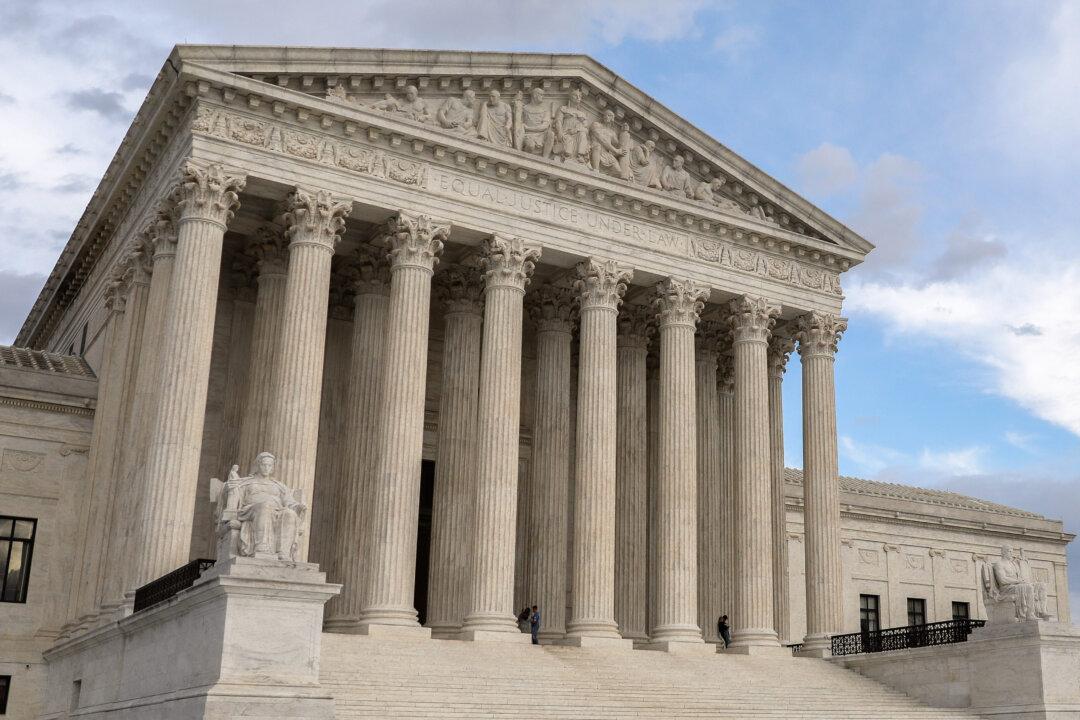In a dramatic departure from the legal status quo, the Supreme Court ruled 6–3 on June 15 that employees can’t be fired from their jobs because of sexual orientation or gender identity.
The ruling is a defeat for the Trump administration. During oral arguments last fall, Solicitor General Noel Francisco said, “Sex means whether you’re male or female, not whether you’re gay or straight.”





